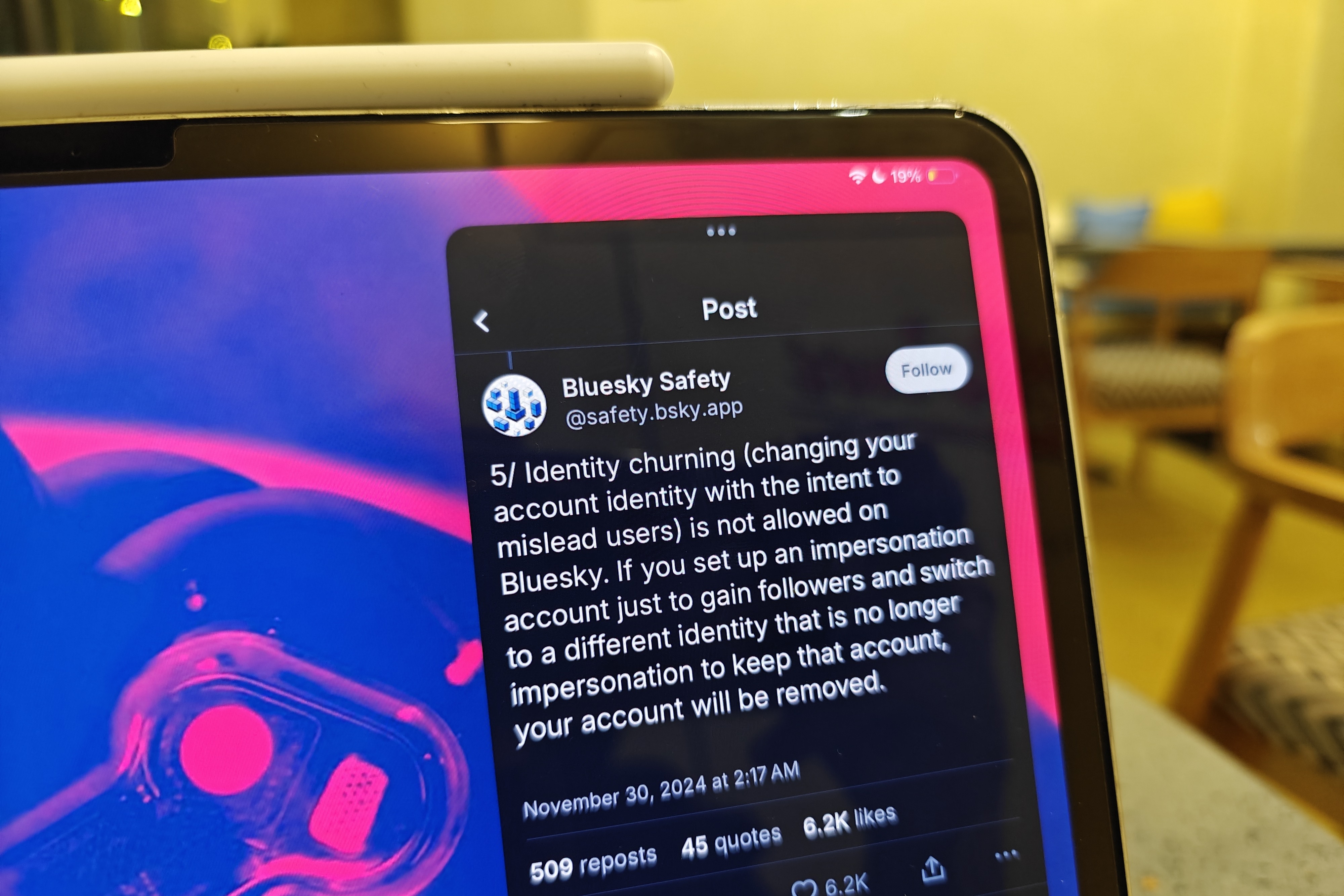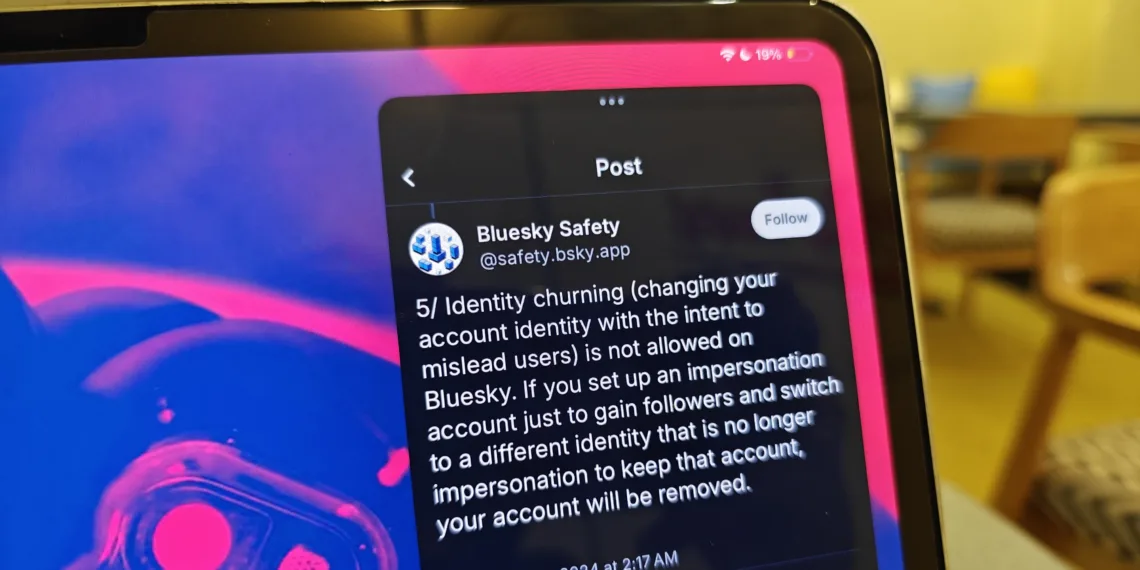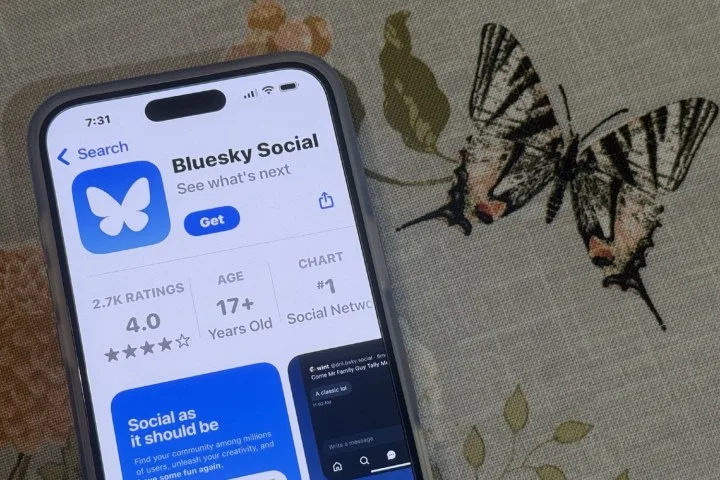Bluesky, the emerging social media platform that many view as a more viable option compared to X, has recently witnessed significant growth in its user base. Just over a week ago, the platform reached the milestone of 20 million users and even briefly topped the charts in the Apple App Store.
However, this rapid expansion has not been without challenges. Recent analyses have revealed that some users are engaging in impersonation tactics to deceive others. In response to these findings, Bluesky has put forth several updates to its policy guidelines, particularly focusing on protecting user identity and addressing impersonation.
“We will remove impersonation and handle-squatting accounts,” the safety team at Bluesky stated in an update. This update emphasizes that accounts created to mimic other individuals for the purpose of gaining followers will be eliminated.
“Identity churning is strictly prohibited on Bluesky,” the company added. For accounts that aim to parody others, it is essential that they clearly indicate this in both their username and profile bio. If an account fails to declare this intent in both places, it will also face removal.
Bluesky has acknowledged the surge in moderation requests from its community due to the influx of new users. “We have also increased our moderation team by four times to expedite the handling of impersonation reports,” the company stated.

In addition, Bluesky is working on implementing stronger identity verification measures in the near future. Currently, the only reliable method of verification available on the platform is through the use of custom domain names. Bluesky aims to approach verification differently than its competitors like X and Meta-owned social platforms.
As per Bluesky CEO Jay Graber (via TechCrunch), the plan is to create a verification process in which the company is not the sole authority overseeing the identity submission and authentication process.
In contrast, X has opted for a Premium subscription model to offer verification badges, a strategy that has already drawn criticism. Platforms like Facebook and Instagram have adopted similar approaches.
Currently, Bluesky does not provide any visual cues indicating whether an account is verified, unlike the familiar checkmarks on platforms like X or Instagram. Furthermore, the self-verification system in place lacks user-friendliness and remains in its nascent stages.
With the absence of protective measures, Bluesky is vulnerable to impersonation by individuals aiming to replicate public figures or businesses. Such accounts can be a source of various issues, from scams to engagement baiting.
The impersonation concerns on Bluesky were first brought to light by security researcher Alexios Mantzarlis, who pointed out in his newsletter that nearly half of the top 100 accounts on the platform had at least one fake counterpart attempting to exploit their identity.
“Most of these duplicates are low-quality replicas of the established accounts, including copying the same bio and profile picture. Only 16% of the duplicates I analyzed had an ‘impersonation’ label,” Mantzarlis noted. It will be fascinating to see how quickly Bluesky implements additional measures to combat these issues and establish a formal identity verification system.
On a positive note, the platform has clarified that it will not be using user-generated content for training AI models and has no plans to do so in the foreseeable future. In contrast, X and Meta platforms are utilizing publicly shared content to enhance their AI tools.










